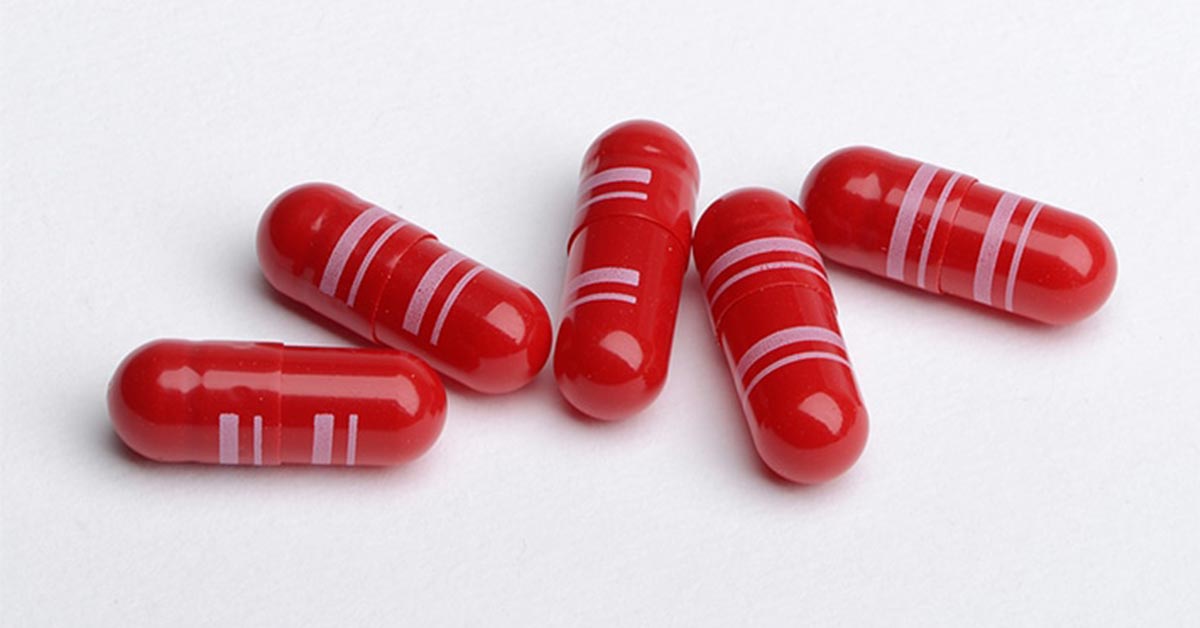Aimmune announced the results of PALISADE, a Phase III trial of their AR101 candidate to determine its efficacy. AR101 is an oral biologic drug intended for use in oral immunotherapy (OIT) in patients with peanut allergy. The drug has a characterized protein profile found in peanuts, analyzed to ensure consistent major allergen content.
The PALISADE trial consisted of 499 enrolled patients ages 4-17, 372 of which received treatment with AR101, 124 with placebo. After completing one year of treatment, patients were administered a double-blind placebo-controlled food challenge (DBPCFC) with peanut.
| 300 mg | 600 mg | 1000 mg | |
|---|---|---|---|
| AR101 (n=372) | 76.6% | 67.2% | 50.3% |
| Placebo (n=124) | 8.1% | 4.0% | 2.4% |
| 95% CI difference | (58.6–78.5%) | (53.0–73.3%) | (38.0–57.7%) |
| p-value | p<0.00001 | p<0.00001 | p<0.00001 |
| 300 mg | 600 mg | 1000 mg | |
|---|---|---|---|
| AR101 (n=296) | 96.3% | 84.5% | 63.2% |
| Placebo (n=116) | 8.6% | 4.3% | 2.6% |
| 95% CI difference | (78.0–97.3%) | (69.7–90.6%) | (49.9–71.3%) |
| p-value | p<0.00001 | p<0.00001 | p<0.00001 |
| % | n | |
| Total discontinuations regardless of causality | 20.4% | 76 |
| Discontinuations not related to adverse events | 8.0% | 30 |
| Discontinuations related to adverse events | 12.4% | 46 |
| • Gastrointestinal2 | 6.7% | 25 |
| • Systemic hypersensitivity reactions3 | 2.7% | 10 |
| • Respiratory system | 1.1% | 4 |
| • Cutaneous | 0.8% | 3 |
| • Other4 | 1.1% | 4 |
2 Includes one case of biopsy-confirmed eosinophilic esophagitis; no additional cases were identified in the study
3 Of these, seven were investigator-identified anaphylaxis events (one severe)
4 Includes one discontinuation for each: acute viral illness, eye pruritus, headache, and an unknown factor
One patient (an 11-year-old boy) was discontinued from the study after being found to have biopsy-confirmed, moderate eosinophilic esophagitis during the study. By the time the patient left the study, the symptoms had resolved. No additional cases of eosinophilic esophagitis were identified in the study.
Hypersensitivity reactions are an expected and common side effect of oral immunotherapy. In PALISADE patients ages 4–17, 14.5% of AR101 patients experienced systemic hypersensitivity reactions, and for 98.2% of those patients, the reactions were mild or moderate. In comparison, 3.2% of placebo patients experienced systemic hypersensitivity reactions, and for all of those patients, the reactions were mild or moderate.
Across all ages, there were no deaths or suspected, unexpected serious adverse reactions in the trial.
PALISADE included 55 adult patients ages 18–49 who were randomized into the study, with 41 patients in the AR101 arm and 14 patients in the placebo arm. In the AR101 arm, 21 patients discontinued treatment, eight due to adverse events. In an exploratory analysis of this age group, 85% of AR101 patients who completed the study tolerated at least 600 mg of peanut protein in the exit DBPCFC, compared to 15% of placebo patients who completed the study.
Said A Wesley Burks, MD, Executive Dean and Curnen Distinguished Professor of Pediatrics, University of North Carolina School of Medicine, and a principal investigator for PALISADE:
It’s exciting to see this large-scale study confirm that a characterized approach to oral immunotherapy, in an appropriately supervised clinical setting, holds promise for becoming an approved treatment. It’s great to have patients go from managing to tolerate at most the amount of peanut protein in a tenth of a peanut without reacting to successfully eating the equivalent of between two to four peanuts with nothing more than mild, transient symptoms, if any at all. Patients and their families are highly motivated to pursue an effective treatment for peanut allergy, and AR101 could give them a comfortable margin of safety in case of accidental exposures.







